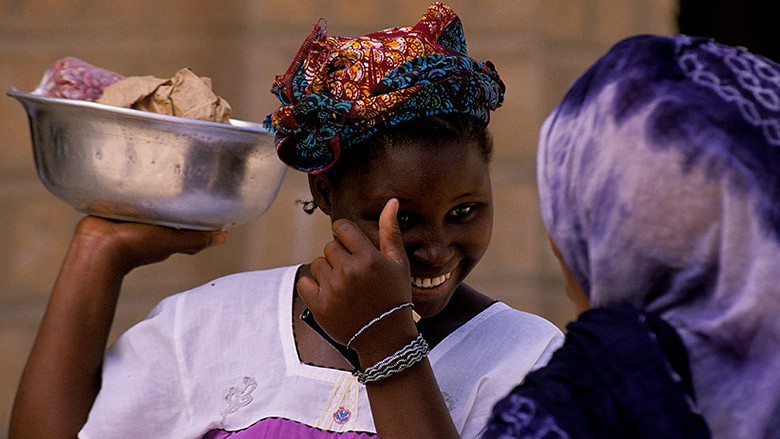While a substantial body of ongoing work uses evaluation methods to understand how to improve education outcomes in the short term, much less is known about how both access to and quality of education for children and youth affect their skills and outcomes in adulthood, as well as society-wide growth and development, over the longer term. This theme aims to expand the evidence base on the links between education, inequality, poverty reduction and economic growth with the goal of building the case for smart investments in education that benefit all groups of society.
It also aims to improve our understanding of (1) the long-runassociations between education opportunities in childhood, and skills, productivity, and labor-market opportunities in early adulthood for both women and men; and (2) how education and skills contribute to productivity, poverty reduction, equality, and growth and how this differs according to genders, social groups, geographical location etc.
From Schooling to Young Adults: Tracing the Dynamic Linkages
Much of what is known about how childhood experiences affect adult outcomes from the U.S. and (to some extent) from other OECD countries. Understanding these relationships is difficult, particularly so when administrative data systems (for instance, linking school performance to adult wages) are not available. In these cases, researchers need to collect the data themselves and track children over 8-30 years, dealing both with attrition and the difficulties associated with multiple visits to households over many years. The first generation of such studies is now becoming available.
DOWNLOAD:
 |
 |
 Students or Teachers? Giving and Taking Away Incentives in Schools in Tanzania |
 |
 Dynamic Linkages from Schooling to Young Adults: Workshop Summary |
|




